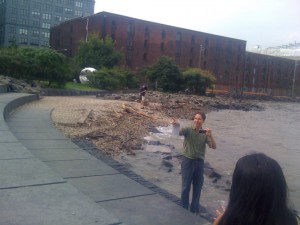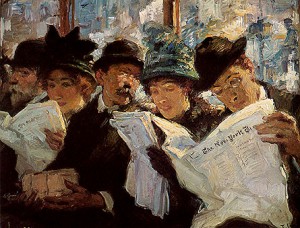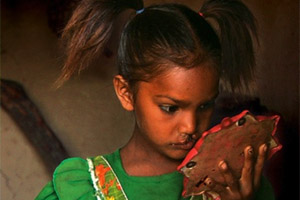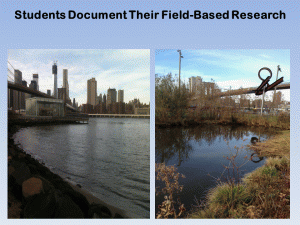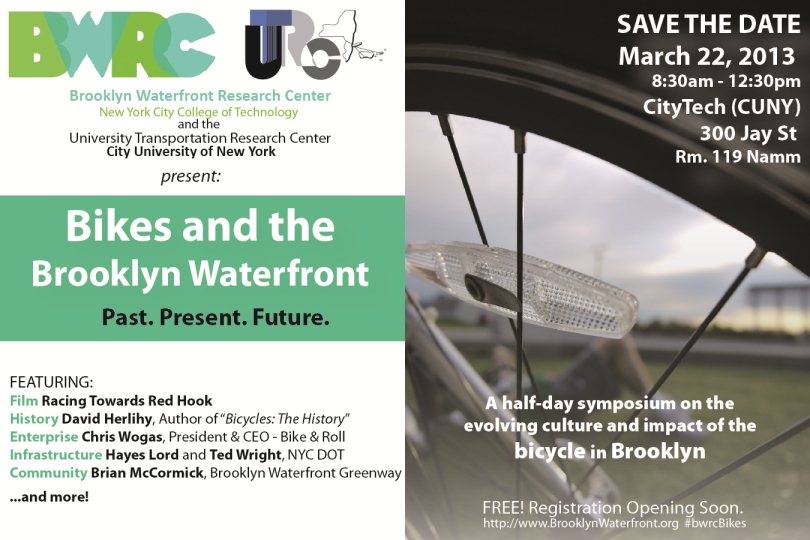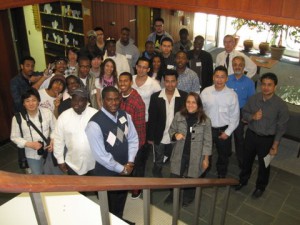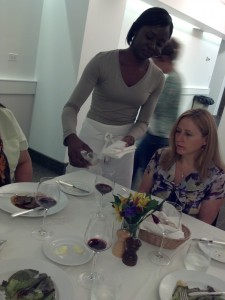On Friday February 22 we held our third annual combined meeting of the City Tech General Education Committee and our Living Lab Seminar Fellows. Once again it was an exciting and productive opportunity for collaboration. We focused on small group discussions of questions that face both initiatives right now, centering on the topic of dissemination. How do we promote, share, and collaborate with faculty in our own departments and across the college to disseminate the work of the Gen Ed Committee and the Living Lab project? How can we institutionalize our lessons learned, and continue to learn with and from each other as we strive to improve our students’ educational experiences?
As part of the ongoing conversation about these important issues we thought it would be useful to all to post the notes taken during the meeting here. Please feel free to peruse them, and to use them as a jumping off point for your own conversations with colleagues!
During the first part of the meeting, faculty groups discussed the attributes of 1st and 3rd year students at City Tech and relevant General Education Student Learning Outcomes (SLOs). This year the Living Lab Seminar Fellows are working on strategies for their 1st and 3rd year courses.
Discussion 1 notes from all groups
During the second half of the meeting, the same faculty groups answered and discussed questions about the work of the collegewide General Education and Assessment Committees and the Living Lab Project, with a focus on strategies to further disseminate and implement these initiatives.
Discussion 2 notes from all groups

